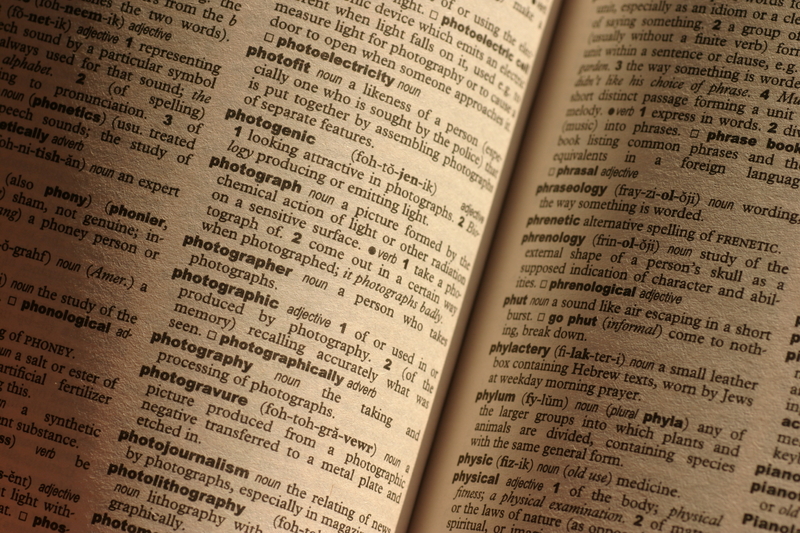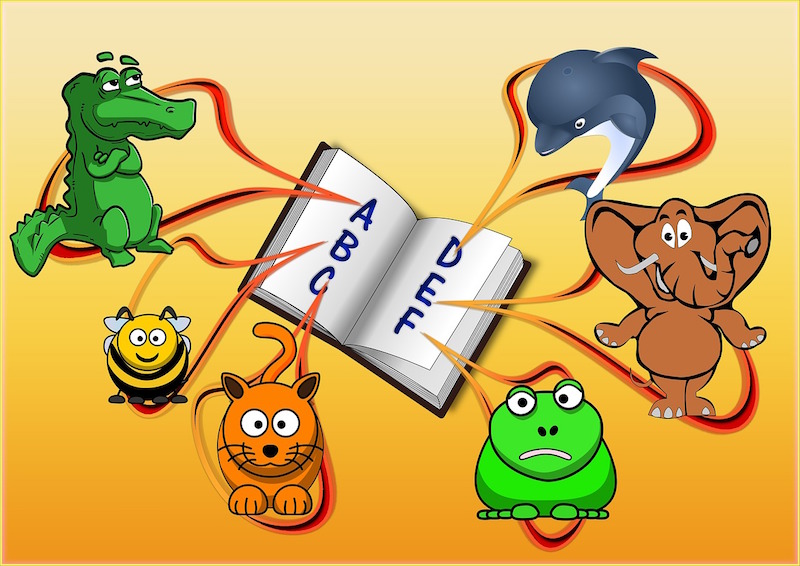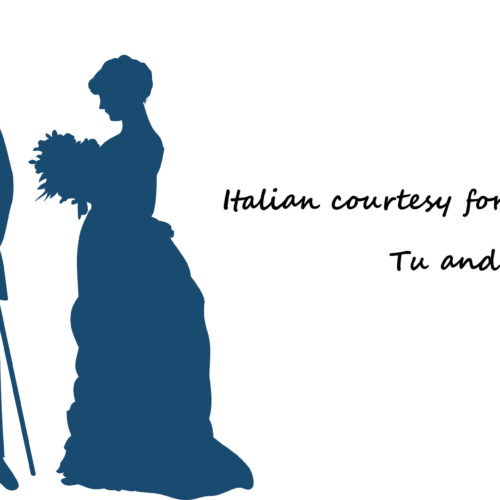ITALIAN PRONOUNS (pronomi)
THE PRONOUNS in ITALIAN
Pronouns are used, above all, to replace a noun as a way to avoid repetitions, but they can also replace adjectives, verbs, other pronouns and even whole phrases.
Examples:
Pensavo che tu fossi cattivo e invece non lo sei (I thought you were bad but you are not)
Ha bevuto e lo racconta a tutti (He is drunk and tell this to everyone)
Dov’è la mia borsa? Non lo so (Where is my bag? I don’t know)
PERSONAL PRONOUNS
Personal pronouns replace a noun without indicating or repeating it.
A personal pronoun may refer to:
a) The person / people speaking (first person)
b) The person / people spoken to (second person)
c) The person / people / thing(s) spoken about (third person).
Personal pronouns take the gender and number from the noun they refer to.
1. SUBJECT PRONOUNS
Subject pronouns are the doer of the action.
As Italian verbs contain already, in the verb ending, the subject of the phrase, the subject pronouns are often omitted and used only for emphasis or to avoid confusion.
-
SINGULAR First person io I Second person tu Lei
you (informal) you (formal)
Third person lui (egli) lei (ella)
esso
essa
he she
it (masculine)
it (feminine)
-
PLURAL First person noi we Second person voi Loro
you (informal) you (formal)
Third person loro (essi) loro(esse)
they (masculine) they (feminine)
“Egli”, “ella”, “esso”, “essa”, “essi” and “esse” are very rarely used in the spoken language and have been replaced by “lui”, “lei” and “loro”.
Although the formal “Lei” and “Loro” have been listed in the second person, they take the third person of the verb.
Please visti Part II of the Pronouns to learn more!
By Arnaldo Colonna




























